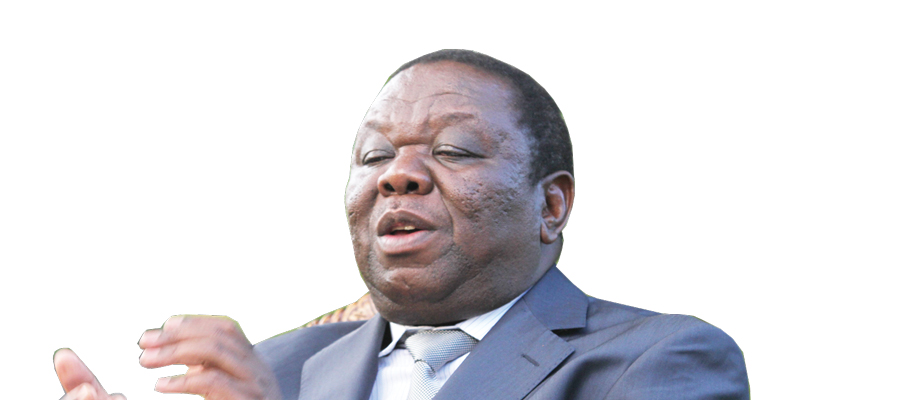
There is very little if any doubt that the courts are going to throw out Prime Minister Morgan Tsvangirai’s appeal against the outcome of the July 31 elections no matter how sound their claims may be.
NewsDay Editorial
In fact, it would be a miracle if reasons for the dismissal of the challenge are given within the year.
Similar such challenges were lodged with the courts after the 2002 presidential elections and up to now, no judgment has been delivered — let alone the reasons.
So it is very clear, even to Tsvangirai that his court challenge is simply for the record and for history, not that there is any hope for expecting any change to the declared result of the elections.
Nonetheless, it is, again for history and record’s sake, crucial that the reasons for the disquiet over the polls are recorded and known to the world so that, even for individual satisfaction, people of this country and the world get to know what exactly transpired in this election.
There are many things that happened during the election that have raised eyebrows and that would assault the logic of any fair-minded person.
There is no doubt that figures confirmed by the Zimbabwe Electoral Commission (Zec) of people that allegedly needed to be assisted to put an “X” against their chosen candidate are outrageous. The Zec official figure of such people was 206 901, although contestants say that was a grossly understated number.
- Chamisa under fire over US$120K donation
- Mavhunga puts DeMbare into Chibuku quarterfinals
- Pension funds bet on Cabora Bassa oilfields
- Councils defy govt fire tender directive
Keep Reading
The number of people who wanted to vote, but were turned away for one reason or another, mostly in urban areas, according to Zec official statistics was over 300 000 — again a figure that political parties say was heavily economised.
Other than more crucial issues to do with the state of the voters’ roll and the refusal to make it available to contesting parties, there is the issue of multiple voting.
In every election that has been held in this country before this one, voters had their fingers scanned by ink-detecting machinery to avoid getting people voting more than once. On July 31, however, this system was not there and polling agents simply used their naked eyes to check voters’ fingers for ink.
Even the most illiterate of voters — those genuinely requiring assistance to vote — would spot the loophole and vote as many times as there were voting stations inside their ward.
This was possible because after voting, one’s name was manually cancelled from only one voters’ roll yet their name would still remain in many other voter registers in the same ward where they could simply erase the ink from their little finger and return to the same polling station to cast another vote.
This, among a litany of other issues raised by contesting parties, are the matters that the courts are expected to look at and consider to help them come up with a correct verdict fair or foul.
Other claims of vote rigging would require complainants to provide foolproof evidence which may and is likely to be very difficult to obtain, but issues such as the absence of the ink-detecting machines make the whole electoral process a big charade — as big or even bigger than the issue of headmasters and teachers being made to plead illiteracy.











